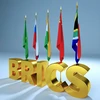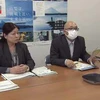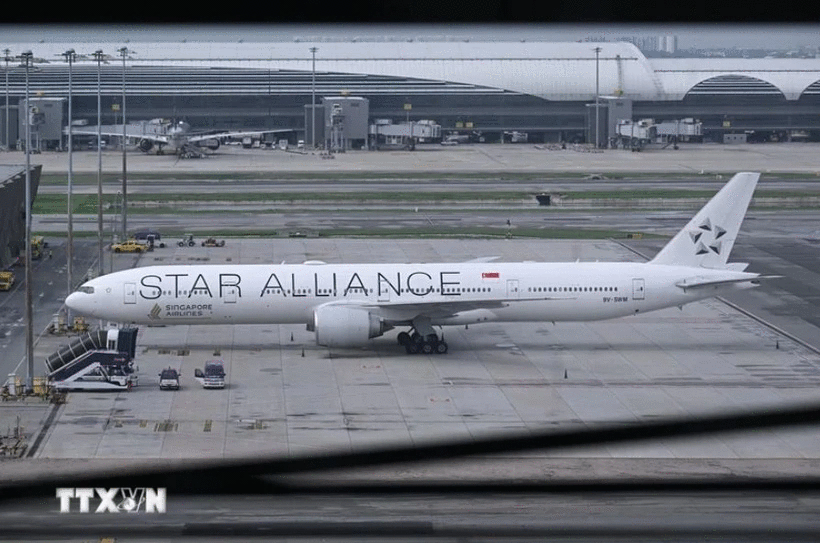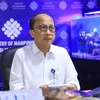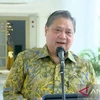Almost 150 scholars, researchers and diplomats from 20 countries, including Vietnam, gathered at the second international conference on the East Sea held by the Maritime Institute of Malaysia in Kuala Lumpur on September 4-5.
Themed “Geo-strategic Developments and Prospects for Dispute Management”, the event focused on six main contents, including the East Sea disputes and their impact on the security environment in the Asia-Pacific, assessment of the current situation in the East Sea, international legal context of East Sea disputes, mechanism to settle disputes, long-term measures and the orientations for settling the disputes.
Speaking at the opening session, MIMA Chairman Ahmad Ramli stressed the strategic and economic importance of the East Sea to coastal countries as well as the international community.
He said territorial disputes and overlapping sovereignty claims are the main cause of tension, threatening regional peace, stability and solidarity among concerning parties. He underscored the need for the stakeholders to work together to ensure disputes in the sea are settled through diplomatic and peaceful means.
Participants at the conference shared information and raised proposals and specific measures and methods to deal with the disputes in the East Sea in the context of changing regional geo-politic situation.
They also discussed the building of the Code of Conducts of Parties in the East Sea (COC), holding that it is high time for ASEAN and China to work together to complete the document at an early date.
Participants also said that ASEAN is on the right track in stepping up the building of COC.
In his speech, Vice Director of the Institute for Foreign Policy and Strategic Studies Nguyen Hung Son proposed cooperation areas between ASEAN and China as well as among concerned parties in order to strengthen regional stability.
According to Son, ASEAN and China should be willing to narrow down the gap in their understanding on strategic environment as well as legal mechanisms to boost their cooperation.-VNA
Themed “Geo-strategic Developments and Prospects for Dispute Management”, the event focused on six main contents, including the East Sea disputes and their impact on the security environment in the Asia-Pacific, assessment of the current situation in the East Sea, international legal context of East Sea disputes, mechanism to settle disputes, long-term measures and the orientations for settling the disputes.
Speaking at the opening session, MIMA Chairman Ahmad Ramli stressed the strategic and economic importance of the East Sea to coastal countries as well as the international community.
He said territorial disputes and overlapping sovereignty claims are the main cause of tension, threatening regional peace, stability and solidarity among concerning parties. He underscored the need for the stakeholders to work together to ensure disputes in the sea are settled through diplomatic and peaceful means.
Participants at the conference shared information and raised proposals and specific measures and methods to deal with the disputes in the East Sea in the context of changing regional geo-politic situation.
They also discussed the building of the Code of Conducts of Parties in the East Sea (COC), holding that it is high time for ASEAN and China to work together to complete the document at an early date.
Participants also said that ASEAN is on the right track in stepping up the building of COC.
In his speech, Vice Director of the Institute for Foreign Policy and Strategic Studies Nguyen Hung Son proposed cooperation areas between ASEAN and China as well as among concerned parties in order to strengthen regional stability.
According to Son, ASEAN and China should be willing to narrow down the gap in their understanding on strategic environment as well as legal mechanisms to boost their cooperation.-VNA







